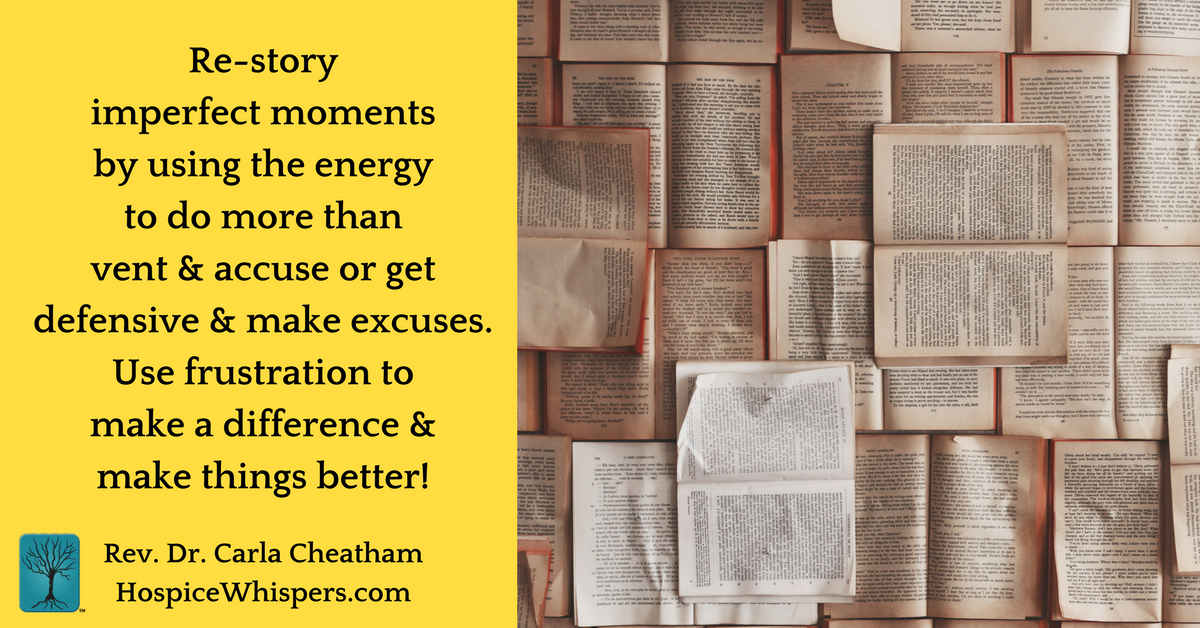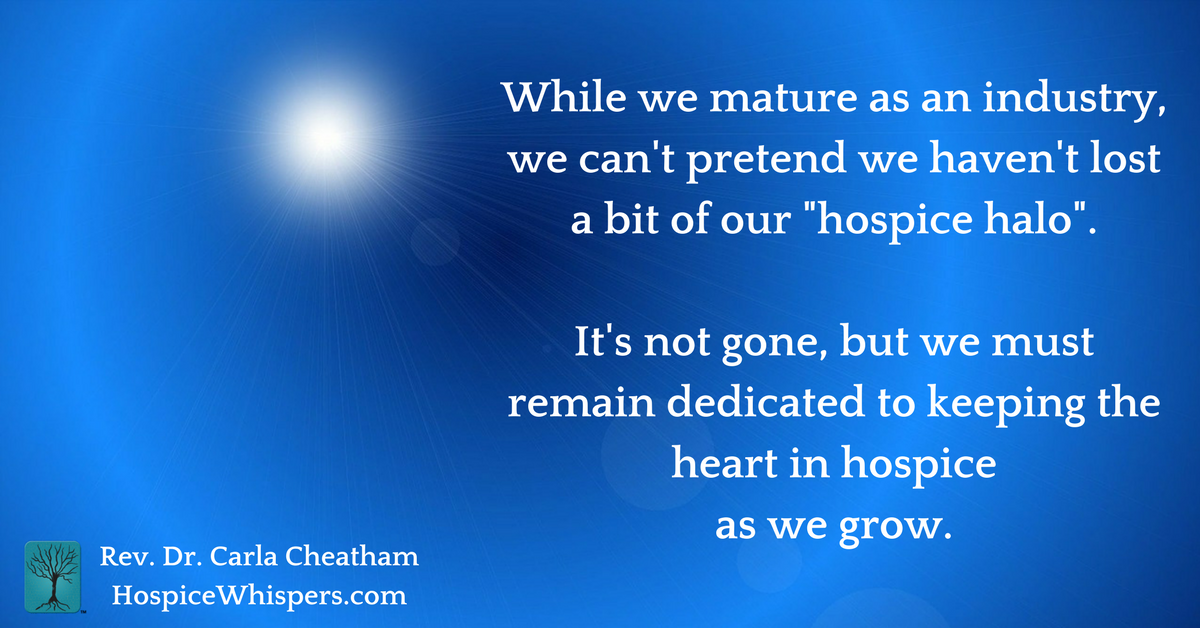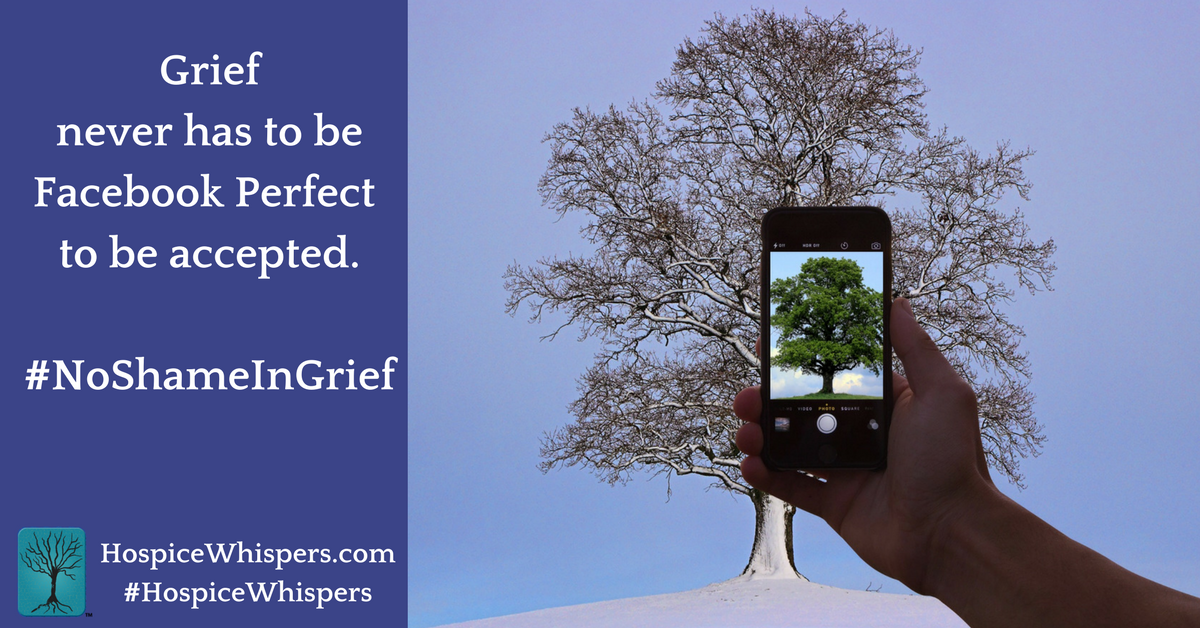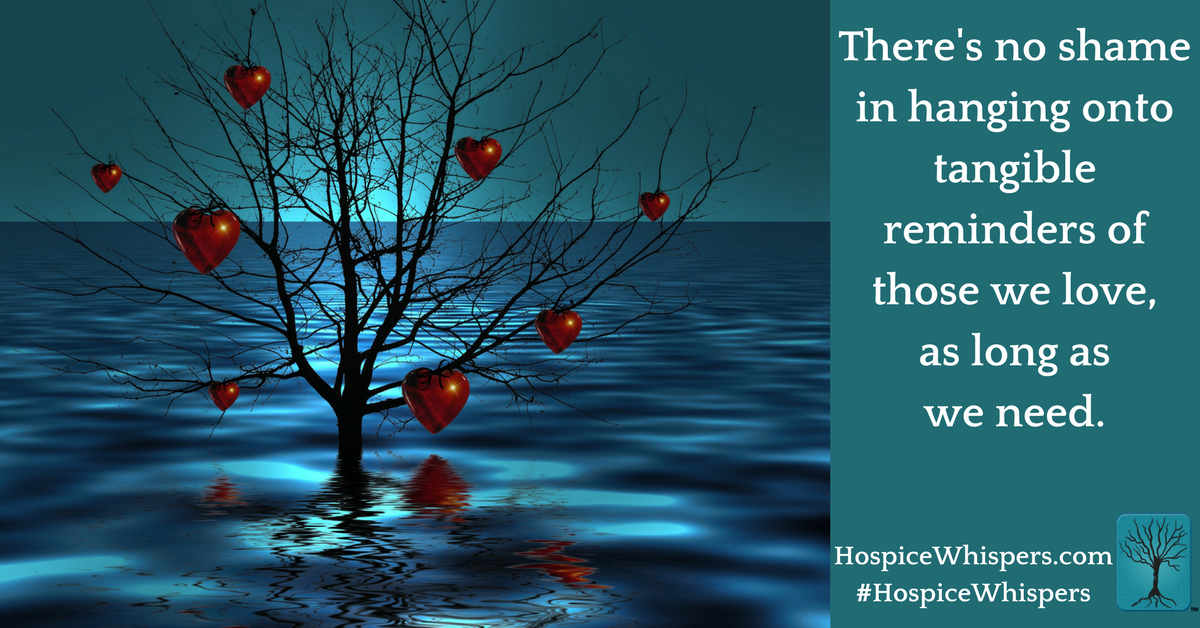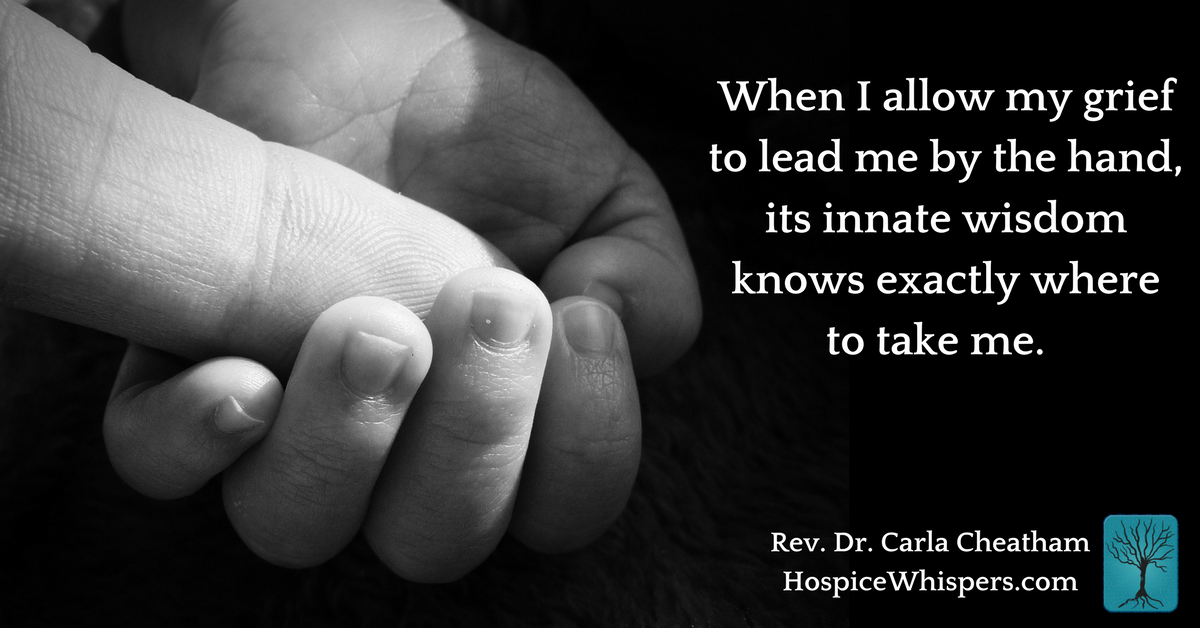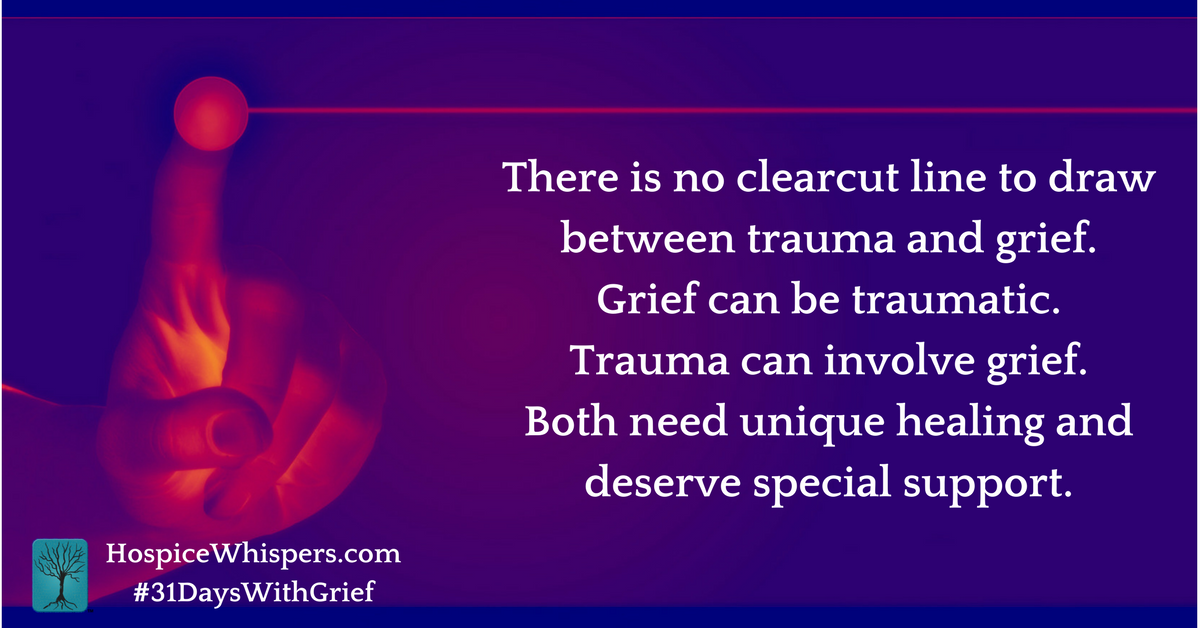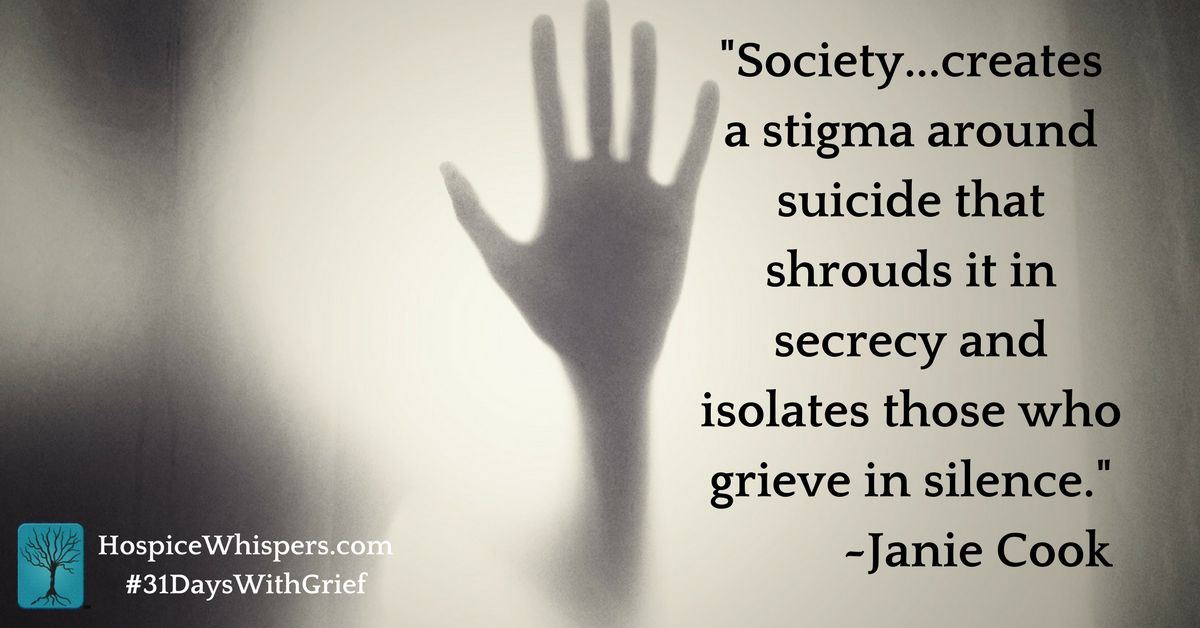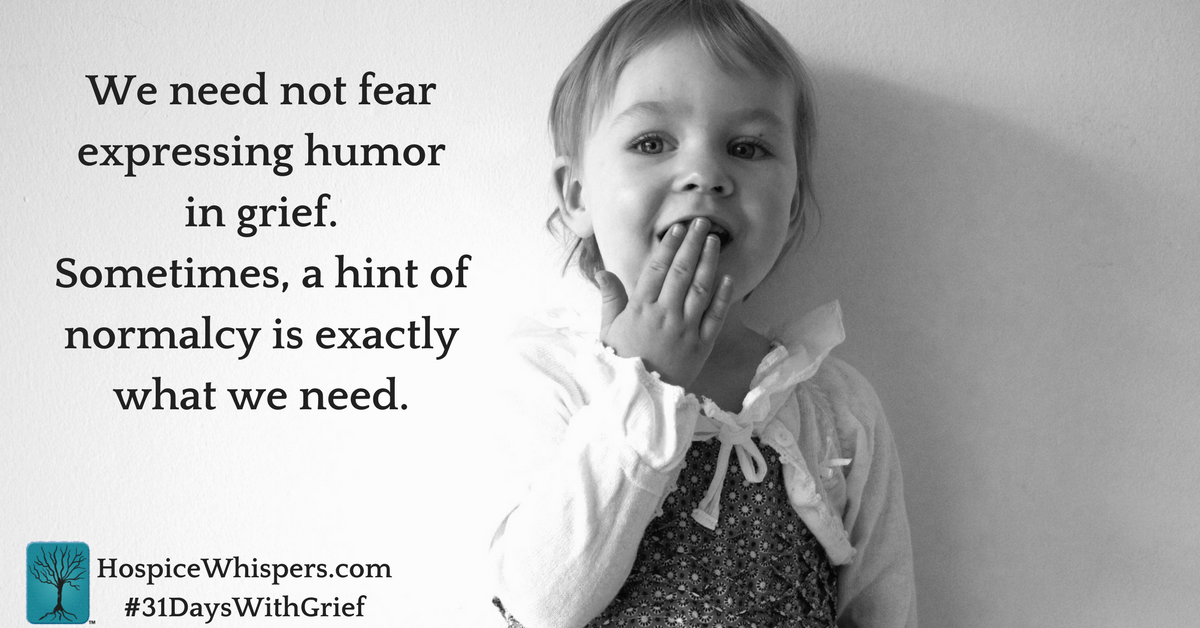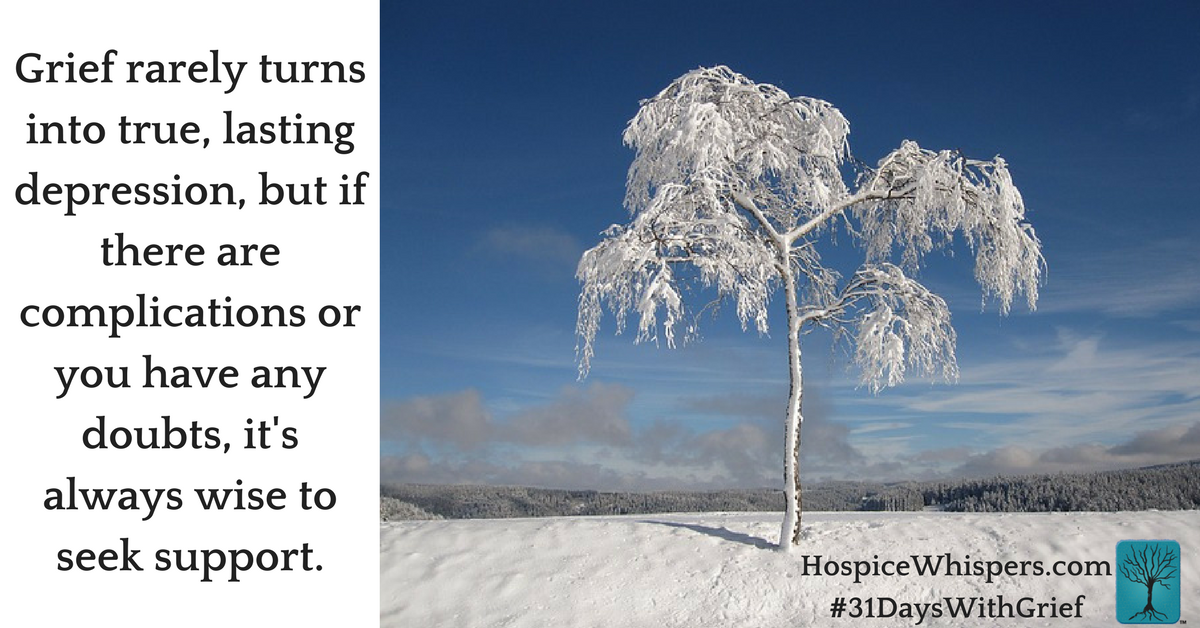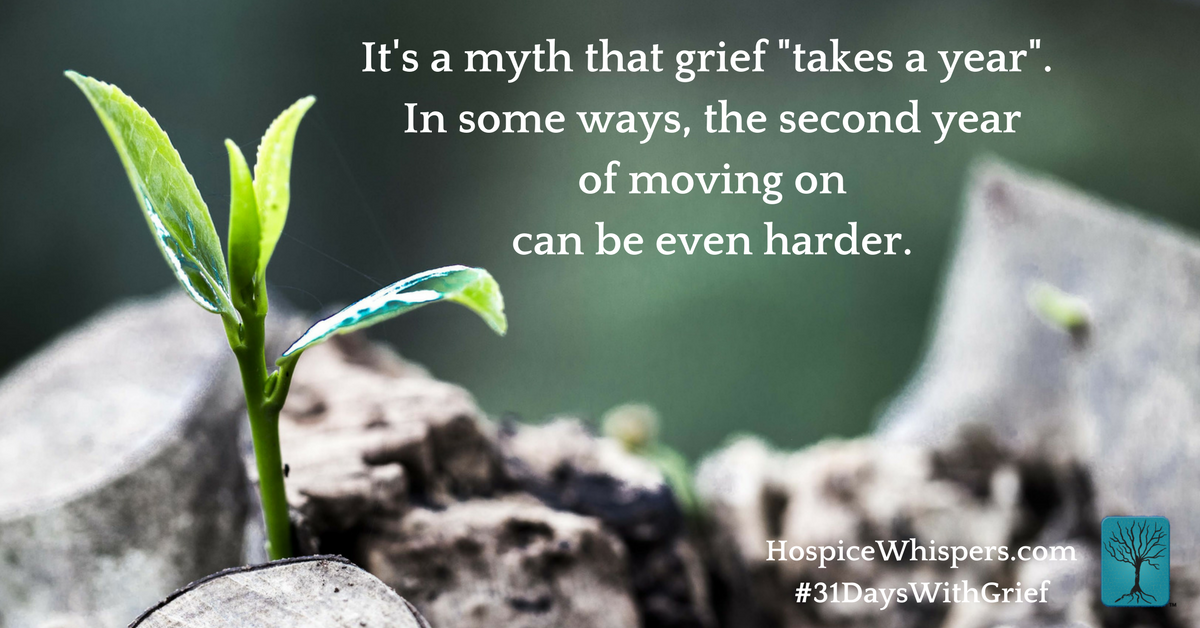As hospice and palliative care matures as a field, we will naturally face growing pains, which can be traumatic for the patients and families who fall through our cracks. In this 3-part series on Changing the Narrative Around “Bad Deaths”, I’ll look at some of the issues, how we can respond, and how professionals and lay persons can all work to make a difference.
Part 2–The Challenge of a Growing Field
As hospice and palliative care grows as a professional field, we face the same growing pains and challenges of any other industry in its relatively early years:
Our systems scramble to keep up with our growing companies
Our regulations become insanely time-consuming to keep up with
As big fish swallow up little fish and the industry becomes increasingly corporate we get the advantage of huge well-oiled machines with resources and systems along with the challenge of figuring out how to keep creativity, personalized and hands-on care, and the mom-and-pop family feel that keeps the hospice heart in our agencies.
It’s a natural part of the developmental process faced by any field. But since we only have one chance to get a person’s death right, and there are no do-overs, every moment of our imperfection has effects that linger long after the last clinical note has been written and funeral reception casserole dish has been washed and returned.
So, what do we do?
In my early career in child and family therapy and in my trauma counseling work, we’re trained to help persons manage their nightmares. When they wake from one, we teach them to decide as quickly as possible how they wish the story had ended, instead. For instance, instead of catching them, the monster chasing them turns into a cute puppy and they sit down and play with it.
They visualize what they wanted to happen and claim that new story rather than perseverate on the nightmare and wear that grove even more deeply into their brains.
Re-storying as a way of creating new meaning is a powerful tool in therapy and also in working with grief. Meaning-making can be one way we way of transforming the proverbial lemons into something life-giving, not to deny what happened or try to pretty it up, but to not allow the tragic be the end of the story.
A woman whose son drowned in a lake now devotes her life to raising awareness about the high rates of deaths in dark waters and the need for life jackets.
Adult children of parents who die of dementia become some of our most fierce and effective advocates for research and higher-quality care.
My own devotion to organ donation only increased when my sister-in-law’s heart saved another young mother of small children, around my niece and nephew’s age.
We can make a tremendous difference if we push for greater education about end of life care in medical and nursing schools, social work programs, seminaries, and nurse aid training. We can demand that legislation support rather than inhibit quality medical care and palliative support.
I’ve written before that Boomers, as the most highly educated, empowered, and well-resourced consumer cohort ever to enter end of life care for their parents or themselves, by their sheer numbers, will force us to get it right. There are numerous ways all of us can help that happen.
Dr. Ira Byock wrote a great opinion piece a couple of years ago in The New York Times that speaks to this very issue. It’s a great read about getting pissed and refusing to take it anymore by doing something about it!
We can accuse and blame, we can get defensive and make excuses, or we can use our energy of frustration and anger to make things better.
In next week’s post, I’ll share a list of ways you can take action and resources you can engage with to help make a difference in your life and in the industry as a whole. Together, we CAN make things different.
For what it’s worth.
Peace,
Carla
Learn more about Carla’s writings at HospiceWhispers.com and trainings for lay persons and professionals at CarlaCheatham.com
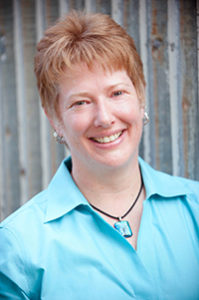 Rev. Carla Cheatham, MA, MDiv, PhD, TRT has served hospices as a chaplain and bereavement coordinator. She’s the Section Leader for the Spiritual Caregivers Section of the National Hospice and Palliative Care Organization and an adjunct professor at the Seminary of the Southwest. Through her Carla Cheatham Consulting Group, Carla provides training and consulting for professional caregivers nationwide. She is the author of Hospice Whispers: Stories of Life and its companion volume, Sharing Our Stories: A Hospice Whispers Grief Support Workbook. Her next book, On Showing Up with Suffering: Others’ and Our Own, is set to publish in 2017.
Rev. Carla Cheatham, MA, MDiv, PhD, TRT has served hospices as a chaplain and bereavement coordinator. She’s the Section Leader for the Spiritual Caregivers Section of the National Hospice and Palliative Care Organization and an adjunct professor at the Seminary of the Southwest. Through her Carla Cheatham Consulting Group, Carla provides training and consulting for professional caregivers nationwide. She is the author of Hospice Whispers: Stories of Life and its companion volume, Sharing Our Stories: A Hospice Whispers Grief Support Workbook. Her next book, On Showing Up with Suffering: Others’ and Our Own, is set to publish in 2017.

